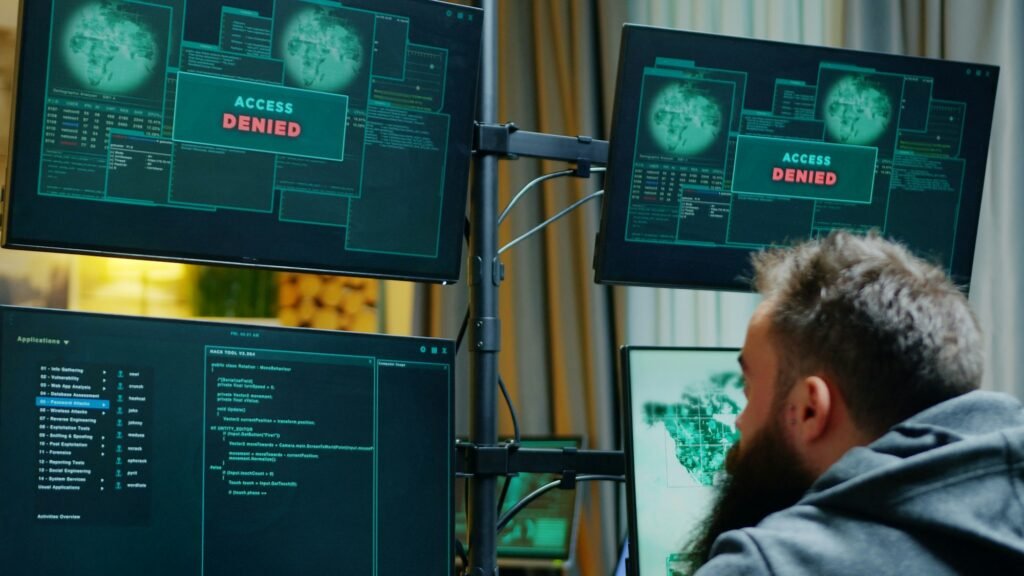Smart Contracts: A New Paradigm for Legal Practice
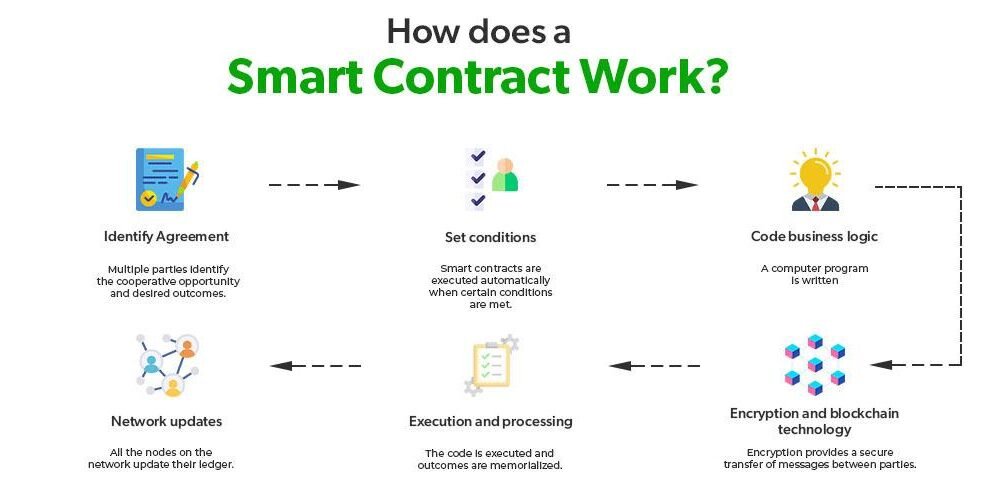
In an age where technology continuously reshapes the very foundations of our society, the rise of smart contracts emerges as a beacon of innovation, poised to redefine the landscape of legal practice. As more industries harness the transformative power of blockchain technology, a paradigm shift is underway—one that promises to streamline transactions, enhance transparency, and reduce the complexities of legal agreements. Smart contracts, self-executing agreements with the terms directly written into code, offer a unique fusion of law and technology, challenging traditional legal frameworks and the roles of legal professionals. This article explores the inception, evolution, and implications of smart contracts, delving into how they stand to revolutionize legal practices while navigating the intricate balance between automation and the nuanced world of human judgment. Join us as we embark on a journey into this fascinating intersection of law and technology, where the future of contractual agreements is being reimagined.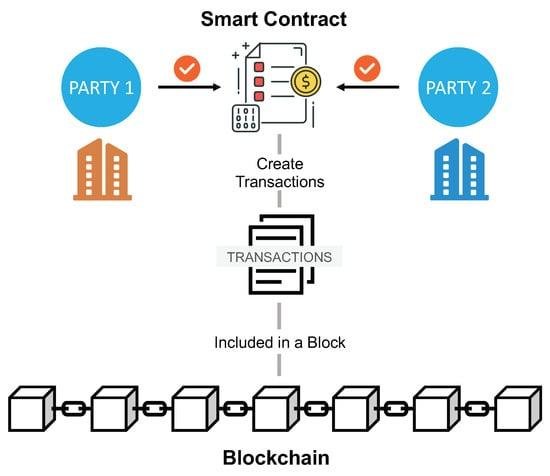
Exploring the Mechanics of Smart Contracts in Legal Frameworks
The integration of smart contracts into legal frameworks poses both intriguing opportunities and complex challenges. Smart contracts are automated protocols that enable the execution of contracts when predetermined conditions are met, thereby enhancing efficiency and reducing the reliance on traditional legal processes. Key characteristics of these digital agreements include:
- Trustlessness: Parties can engage in transactions without needing to trust one another, as the code enforces the terms.
- Transparency: All parties can view the complete terms and execution history, fostering accountability.
- Speed: Transactions can occur almost instantaneously, minimizing delays that characterize traditional legal proceedings.
However, the adoption of smart contracts necessitates careful consideration of how they fit into existing legal systems. One crucial aspect is the legal recognition of these contracts, which varies significantly across jurisdictions. A comparative analysis of different approaches to smart contracts reveals diverse legal perspectives:
| Jurisdiction | Legal Status | Enforcement Mechanisms |
|---|---|---|
| U.S.A. | Generally recognized | State contracts law applies |
| EU | Varies by member state | Regulatory frameworks in development |
| Singapore | Legally binding under certain conditions | Contracts (Rights of Third Parties) Act |
As legal practitioners delve into the potential of smart contracts, they must navigate these varied landscapes, embracing innovative strategies while ensuring compliance with local laws. The evolution of legal practice in response to blockchain technology demands a balance between traditional legal principles and pioneering advancements in automation.

The Benefits and Challenges of Integrating Smart Contracts into Legal Practices
Integrating smart contracts into legal practices presents a unique blend of advantages that can transform the way legal professionals operate. Enhanced efficiency is a primary benefit, allowing for automatic execution of contractual terms without intermediaries, thereby reducing the time and costs involved. Additionally, smart contracts offer greater transparency as all parties can view the underlying code and conditions, fostering an environment of trust. The immutable nature of blockchain technology ensures that once a contract is executed, it cannot be altered, which enhances security and minimizes disputes stemming from misinterpretations. Other notable benefits include the ability to program complex functionalities into contracts and streamline compliance processes, effectively enabling lawyers to focus more on strategy rather than administration.
However, the integration of smart contracts also introduces a range of challenges that legal practitioners must navigate. Legal recognition remains a significant hurdle; many jurisdictions lack clear guidelines on the enforceability of smart contracts, potentially leading to issues in litigation. Furthermore, the complexity of programming these contracts can lead to coding errors that may result in unintended consequences or loopholes. Legal professionals must possess or acquire a blend of technical and legal expertise to draft and review smart contracts adequately. Additionally, issues related to data privacy and regulatory compliance become increasingly complex in a decentralized environment. The balance between embracing innovation and adhering to traditional legal frameworks poses a continuous challenge for the legal sector.
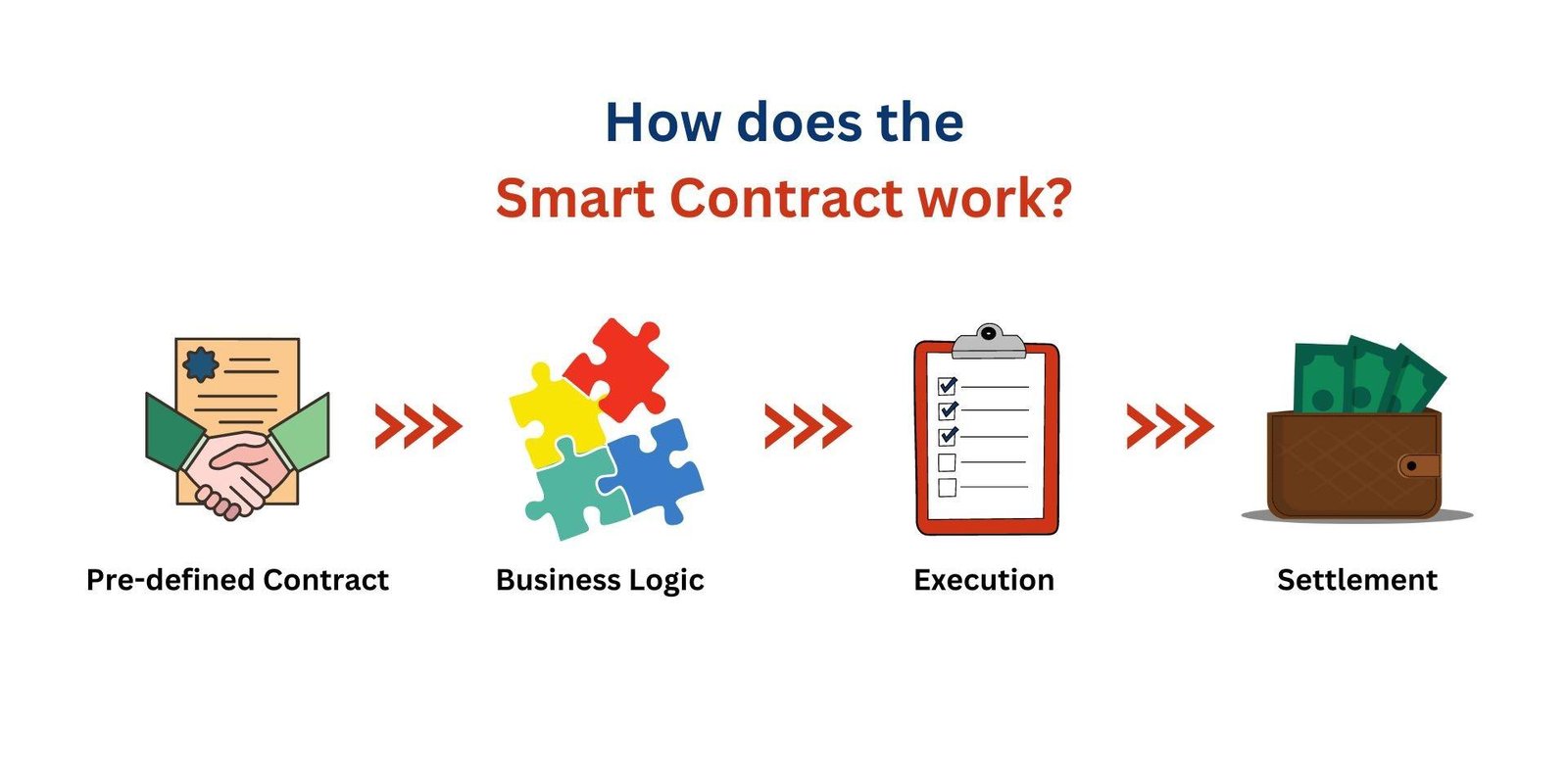
Best Practices for Law Firms to Embrace Smart Contract Technology
As law firms look to integrate smart contract technology into their operations, it’s crucial to adopt a systematic approach that maximizes efficiency and minimizes risks. First and foremost, understanding the technology behind smart contracts is essential. Law firms should invest in training programs that educate their staff on blockchain technology, programming languages used in smart contracts, and the potential legal implications. Additionally, fostering collaboration with tech firms can enhance understanding and ensure that the implementation aligns with legal standards and client needs.
Another important aspect is to establish clear protocols around the use of smart contracts. This includes developing guidelines on which types of agreements benefit most from automation and blockchain integration. Consider implementing a phased approach that allows for gradual adoption, enabling the firm to address technical challenges and client concerns as they arise. Establishing a feedback loop with clients to understand their experiences and concerns will also fortify trust and transparency in the transition to this innovative paradigm. Firms can consider organizing workshops to showcase how smart contracts can provide efficiency, security, and cost-effectiveness in various legal processes.
| Key Considerations | Benefits |
|---|---|
| Education and Training | Enhanced understanding of technology |
| Collaboration with Tech Firms | Access to expertise and resources |
| Clear Protocols | Streamlined processes and reduced risks |
| Feedback from Clients | Improved trust and client satisfaction |
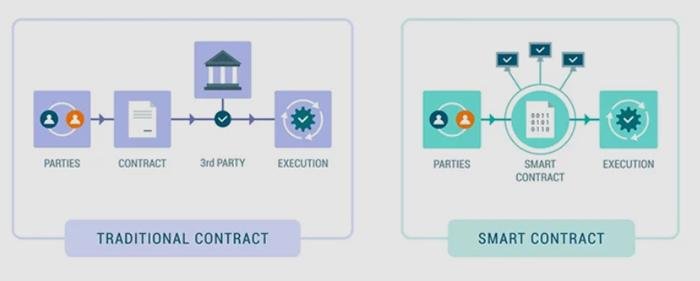
Future Trends: Navigating the Evolving Role of Smart Contracts in Law
The landscape of legal practice is rapidly transforming, driven by the integration of smart contracts. These digital agreements, built on blockchain technology, are beginning to redefine traditional legal frameworks by offering increased efficiency, transparency, and security. As legal professionals become more familiar with these automated contracts, they can leverage their potential to enhance the contract lifecycle and dispute resolution processes. With the ability to execute self-enforcing agreements, smart contracts eliminate many of the inefficiencies inherent in conventional legal processes, such as lengthy negotiations and the potential for human error.
As we move forward, the role of smart contracts in law will likely expand beyond mere transactional applications. Legal practitioners will need to develop a nuanced understanding of how to implement these contracts within the current regulatory framework while navigating ethical considerations. Future trends may include:
- Innovation in Legal Services: Lawyers will increasingly offer specialized advisory services to help clients understand and implement smart contracts.
- Regulatory Developments: Governments and regulatory bodies may introduce new frameworks to govern the use of smart contracts in commercial transactions.
- Interoperability: Efforts to create standards that allow different blockchain platforms to communicate could enhance the functionality of smart contracts across borders.
To Wrap It Up
As we stand on the brink of a technological revolution, smart contracts emerge not just as a tool but as a catalyst for reimagining the legal landscape. Their promise of efficiency, transparency, and security invites a re-evaluation of traditional legal processes, urging practitioners to adapt and innovate. While the journey towards fully integrating these digital agreements into mainstream legal practice is fraught with challenges and uncertainties, the potential benefits are undeniable.
In this new paradigm, lawyers have the opportunity to become architects of a more streamlined and equitable system, leveraging the capabilities of smart contracts to enhance their practice and serve their clients more effectively. As we navigate this exciting terrain, our approach must be thoughtful and informed, guided by a commitment to upholding the principles of justice and equity that underpin our legal systems.
The future beckons with possibilities, and it is imperative that the legal community embraces this technological evolution with open minds and a readiness to explore. After all, the essence of law lies in its ability to adapt and serve the needs of society. With smart contracts leading the way, we might just find ourselves stepping into a new era of legal practice—one that is as dynamic and evolving as the technology that propels it.



























































